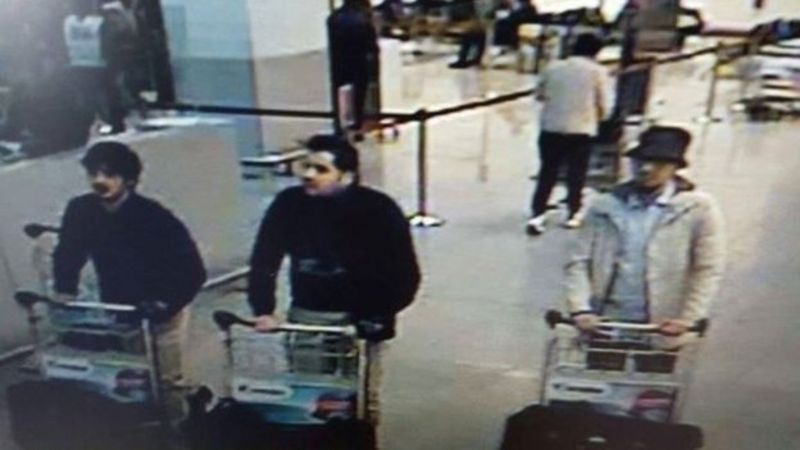Just one in three terrorist suspects or convicts is effectively followed up by courts in Flanders as judges rarely impose deradicalisation counselling as a condition after the end of the sentence.
Since 2018, 102 terrorism convicts have been released after serving their sentences, but an anti-radicalisation process was initiated by a judge in just 32 of those cases, or around one in three cases, according to Flemish Justice Minister Zuhal Demir.
"The recent past has shown what kind of tragedies terrorist attacks can lead to," she said, referring to the double attack on 22 March 2016, at Brussels airport in Zaventem and at the Brussels metro station of Maelbeek in the European quarter, where a total of 32 people died.
She stressed that these were "shocking figures," and that the attacks in 2016 "left huge wounds."
"A deradicalisation path will never be a panacea that can eliminate all future risks, but it should be the logic itself so that we can prevent such atrocities to the maximum extent in the future," Demir said.
'Hands are tied'
In Belgium, the regions are responsible for sentencing and the follow-up of release conditions imposed by the court, however, if no conditions are imposed, the Flemish justice cannot take additional steps of action.
In 2018, at the request of the Flemish houses of justice, clear guidelines were given to the magistracy about formulating concrete conditions in radicalisation cases, with Demir saying she is in favour of mandatory application in any case.
"From the Flemish policy, we do everything possible to prevent new attacks on our society. Putting maximum effort into deradicalisation is a crucial factor, but when a judge doesn't impose this, our hands are unfortunately tied," she said.
The issue has now been raised with the Board of Procurators General.

